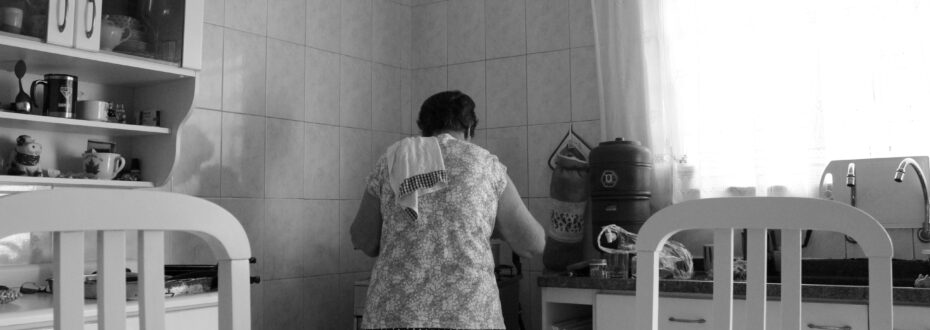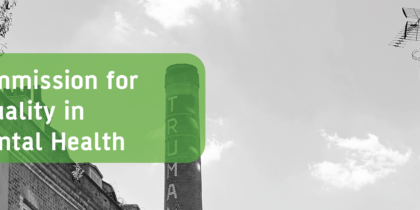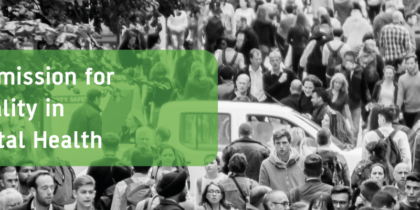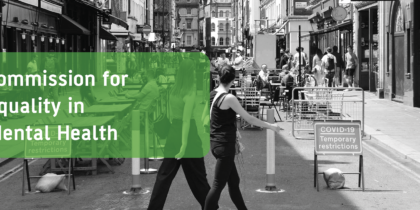By Christine Walker
I’m Christine. I am in my 70’s. Most of my adult life I have coped with Osteoarthritis. It has attacked my neck, my hands, my hips and my knees. The neck and hands responded to physiotherapy, the hips and knees to surgery or joint replacement. I have bounced back from these setbacks, continuing my career and my busy life and all the voluntary work with which I had become involved. Then nearly two years ago I was diagnosed with severe OA in my lower spine and the facet joints which assist with walking. The sciatic nerve was being pressed by the bony growths and all this led to chronic 24hr a day pain. Of course I had come up against joints that could not be repaired or replaced and the only answer seemed to be a life on strong painkillers, with all the side effects they cause.
I had reached an all-time low and was at one stage wondering if there was no future. Perhaps having a husband, two grown up daughters and four grandchildren as well as good career, was all I was entitled to. With no sleep and chronic physical pain I was worn out. Returning to the GP I said I couldn’t live on strong painkillers and wanted urgently to talk to someone professional about finding a way of living. The GP agreed with me but said regrettably it could take a very long time to get help; perhaps many months. I told him that I didn’t think I could live this way any longer and would attempt to find help myself outside the NHS. I let the surgery deflated and upset, even more so than when I arrived.
The GP said regrettably it could take a very long time to get help; perhaps many months. I told him that I didn’t think I could live this way any longer
So this is what I did. I used Google to find the website of the British Association of Counselling and Psychotherapy to help me find someone in my locality who could help me. I managed to find an excellent counsellor who over the time I have been seeing her has enabled me to concentrate on things I could do, rather than be sad about the things I was no longer able to do. My GP suggested running alongside this a light dose of anti-depressant to give me the mental space to undertake working with the counsellor.
So here lies the dilemma for anyone and particularly for those in my age bracket, thinking of pulling away from the NHS to get help for their mental health. It helps to be computer literate to undertake a search for the help you need. You have to have the confidence to explore finding a good match for the help you need. You have to have the money to afford at least £40 an hour for a session. Initially my sessions were weekly but became spaced out as my mental health improved. Fortunately I have a pension from which I can take this money. However, for older people who don’t have access to the internet or can’t afford private treatment, when that physical health problem becomes a mental health problem, the professional assistance just isn’t there – or if it is, then it is almost impossible to get access to it.
for older people who don’t have access to the internet or can’t afford private treatment, when that physical health problem becomes a mental health problem, the professional assistance just isn’t there – or if it is, then it is almost impossible to get access to it.
I don’t know if I have come up against an ageism barrier or just a dramatic lack of emphasis, generally, that people will need their mental health attended to just as they do their physical health.
Mental health should have equality of provision with physical health. After all they go hand in hand when taking a holistic approach to a person’s health.








